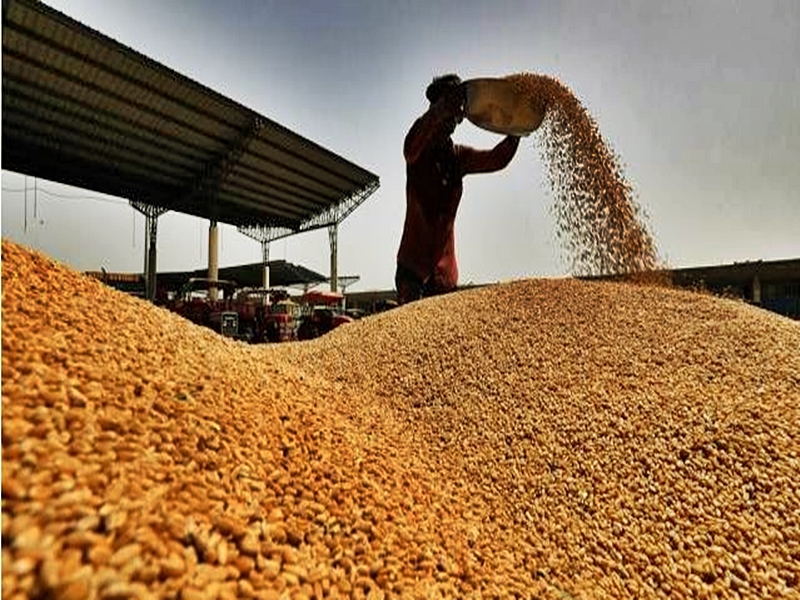The Central Government on Tuesday revised the stock limits for wheat across the country, extending their applicability till March 31, 2026. The move aims to prevent hoarding, check speculative trading and ensure adequate availability of wheat in the market ahead of the festive season.
According to the Department of Food and Public Distribution, the revised stock limits will apply to traders, wholesalers, retailers, big chain retailers and processors in all States and Union Territories.
Under the revised order, traders and wholesalers can now hold a maximum of 2,000 metric tonnes (MT) of wheat, down from the earlier limit of 3,000 MT. Retailers will be allowed to stock up to 8 MT at each outlet instead of 10 MT. For big chain retailers, the limit has been fixed at 8 MT per outlet, with a cap on the total quantity across outlets and depots. Processors can hold up to 60 percent of their monthly installed capacity, multiplied by the remaining months of the current financial year, compared to the earlier 70 percent.
The Ministry said that all entities engaged in wheat stocking must declare and update their stock position every Friday on the government’s wheat stock portal. Any violation of stock limits or failure to register on the portal will attract action under the Essential Commodities Act, 1955. Entities holding stocks beyond the prescribed limit will be required to bring them down within 15 days of the notification.
Officials of the Central and State Governments will monitor enforcement to ensure that no artificial scarcity of wheat is created.
India’s wheat production for the crop year 2024-25 has been recorded at 1,175.07 lakh metric tonnes. The government has also procured 300.35 lakh metric tonnes in the ongoing Rabi Marketing Season, sufficient to meet the requirements of the Public Distribution System, Other Welfare Schemes and market interventions.














